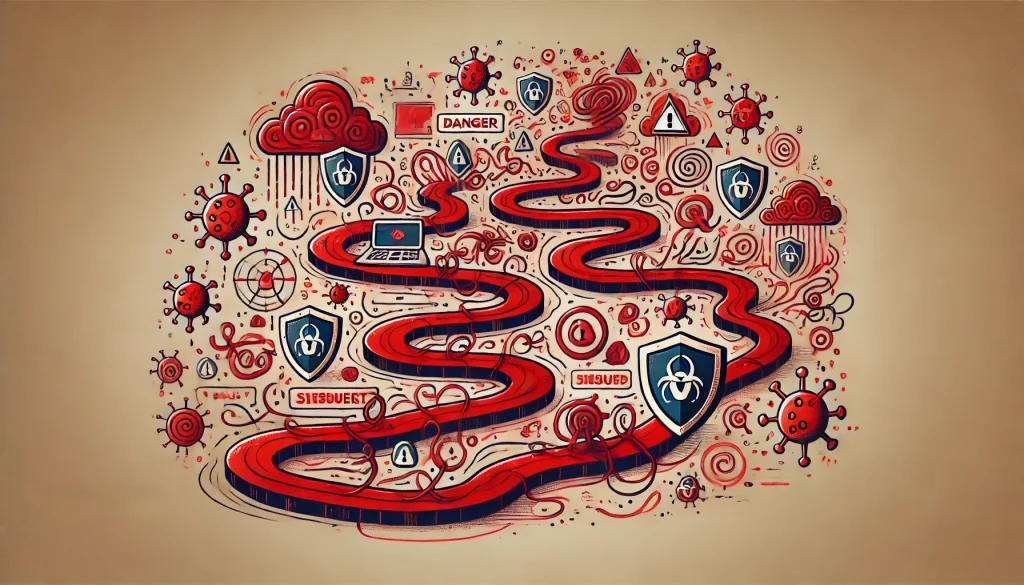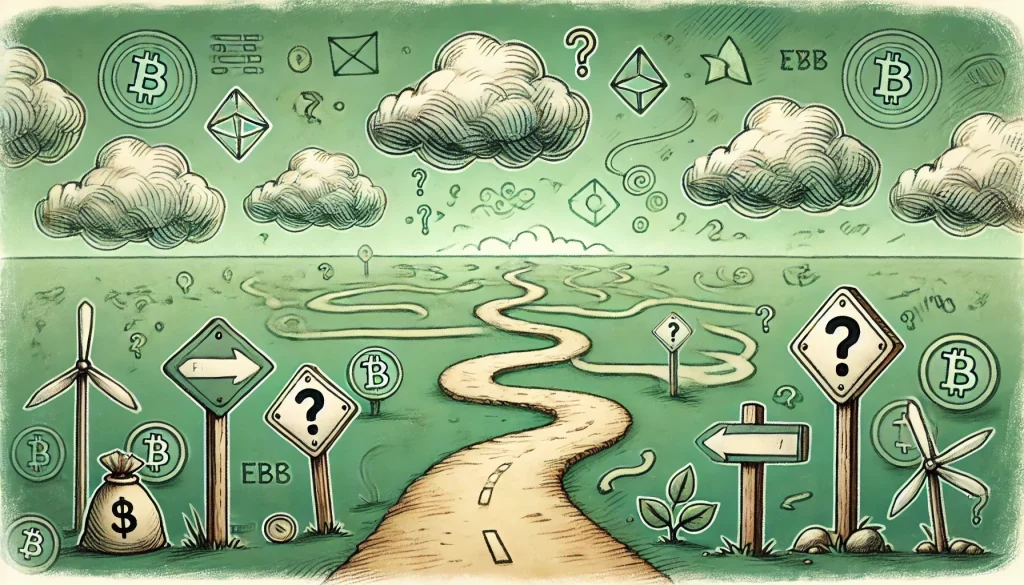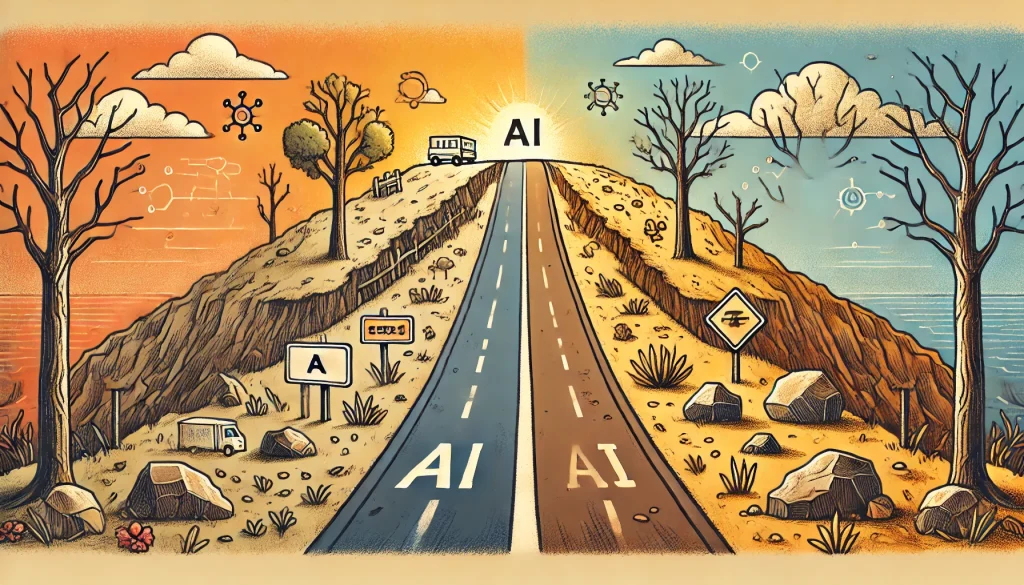That is our aim at E3 and by creating sets of adaptive games we look to help our players overcome barriers to learning. Our approach is to use game mechanics and so enable our players to enter a virtual learning space that engages in a fun and productive manner.
The challenge for employers to create a discrimination free workspace for their employees is an ever present challenge. Often this involves making adjustments for individuals but this can only be effective if an employer understands how these disabilities impact an individual and any barriers they create. Whilst physical disabilities can often be more recognisable, there are others that should not be ignored.
An example of these is dyslexia which effects at least 1 in 20 people within the U.K (NHS 2017). This specific learning disability can make it hard for an employee to create copy or engage with large proportions of text easily or quickly and may also effect their ability to concentrate.
However what gamification allows is short bursts of information that are easily digestible for this type of employee and many others. These types of mechanisms are suggested in (recent conferences and studies) as away to increase short term memory and so allow knowledge to be effectively assimilated.
With care, we see that courses can be built that enable all employees to obtain the benefits of workplace training. We all have a part to play




